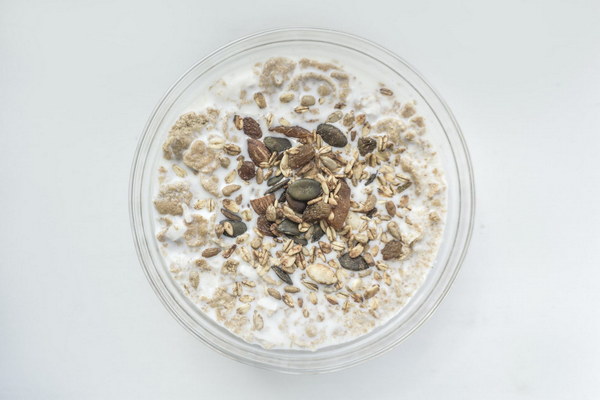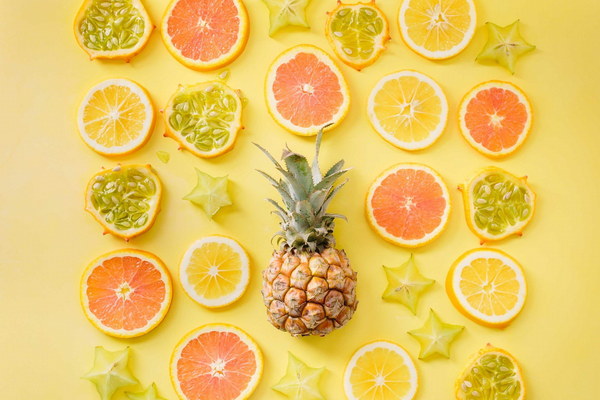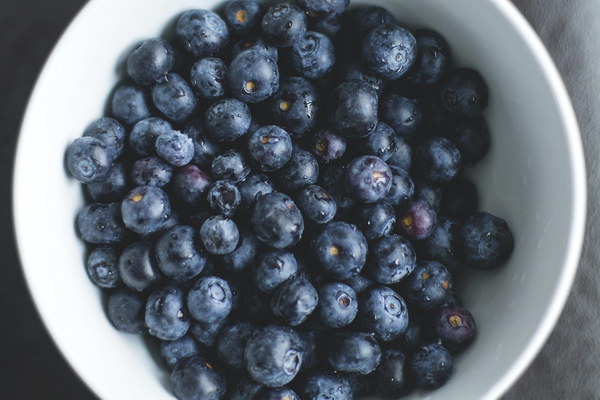The Post-Meal Workout No-Nos Foods That Can Derail Your Fitness Routine
The Post-Meal Workout No-Nos: Foods That Can Derail Your Fitness Routine
Embarking on a fitness journey is an exciting endeavor, but even the most committed athletes can face setbacks due to poor dietary choices. One common misstep is consuming certain foods immediately before or after a workout, which can lead to discomfort, decreased performance, or even injury. Understanding which foods to avoid post-exercise is crucial for maximizing your workout results. Here’s a breakdown of the foods that can potentially derail your fitness routine.
1. Fatty Foods: The Slow and Steady Culprit
High-fat meals, such as those laden with fried chicken, creamy pasta, or cheeseburgers, can be enjoyable but are a no-go before or after a workout. Fatty foods take longer to digest, which means your body will be busy breaking them down instead of replenishing its energy stores or repairing muscle tissue. This can leave you feeling sluggish and less effective in your workout.
2. Heavy Carbs: The Instant Energy Trap
While carbohydrates are essential for fueling your workout, consuming a heavy load of carbs, like a large bowl of pasta or a sugary sports drink, right before or after exercise can lead to an energy crash. The spike in blood sugar levels can cause a quick burst of energy followed by a steep decline, leaving you feeling drained. It’s best to opt for a moderate amount of carbs along with protein and fiber for a more sustained release of energy.
3. Processed Sugars: The Empty Calorie Menace
Sugary snacks, such as candy bars, soda, and fruit juices, may provide a quick burst of energy, but they are devoid of the nutrients needed for recovery. The high sugar content can also cause blood sugar levels to fluctuate wildly, leading to a decrease in workout performance and an increased risk of injury. Stick to natural sources of sugar, like fruit, for a healthier post-exercise snack.
4. Caffeine: The Stimulant That’s Not Always a Friend

While caffeine can boost energy levels and improve workout performance, it can also lead to dehydration and disrupt the body’s electrolyte balance, especially if consumed in excess. Too much caffeine post-workout can also interfere with sleep, which is critical for recovery. Limit your caffeine intake to a moderate amount and avoid it within a few hours of your workout.
5. Dairy Products: The Lactose Intolerance Issue
Dairy products like milk, cheese, and yogurt can be a great source of protein and calcium, but they are not suitable for everyone, especially those with lactose intolerance. Consuming dairy after a workout can lead to discomfort, bloating, and stomach cramps. Opt for dairy-free alternatives like plant-based milk or protein powders if you find dairy difficult to digest.
6. Alcohol: The Recovery Inhibitor
Alcohol is a diuretic, which means it can lead to dehydration. Additionally, it impairs judgment and coordination, increasing the risk of injury. While a single drink may not significantly impact your workout, indulging in alcohol after exercise can slow down your recovery process and negate the benefits of your workout.
7. Refined Grains: The Quick Burnout
Refined grains, such as white bread, white rice, and pasta, are digested quickly, leading to a rapid spike in blood sugar levels followed by a quick drop. This can leave you feeling exhausted and craving more food, which can lead to overeating. Choose whole grains instead, which provide a slower, more sustained release of energy.
To summarize, the key to a successful workout lies in the right nutrition before, during, and after exercise. By avoiding the aforementioned foods, you can ensure that your body is primed for peak performance and effective recovery. Remember, what you eat is just as important as the exercise itself. Make smart choices, and your fitness journey will be smoother and more rewarding.









